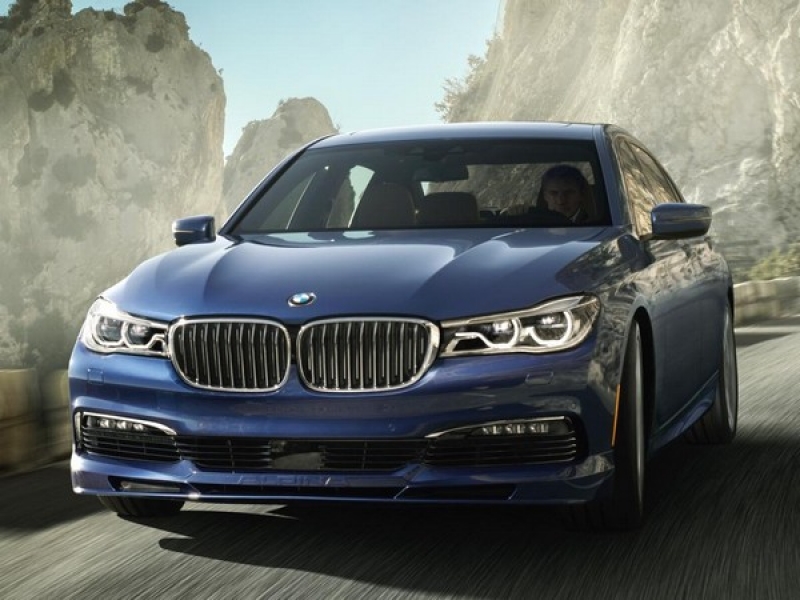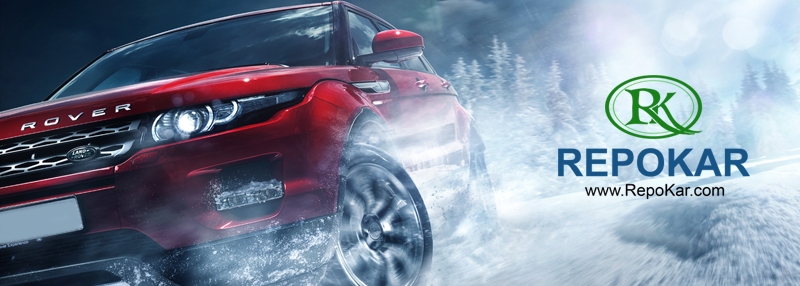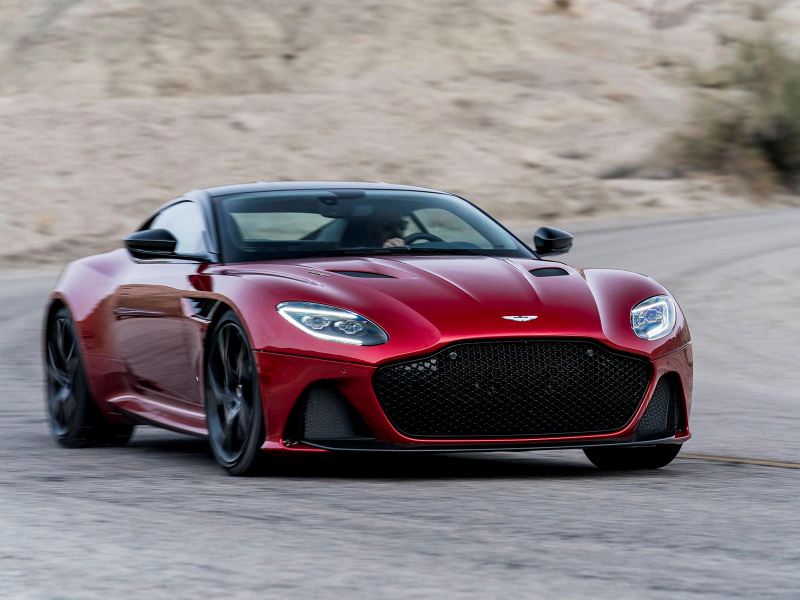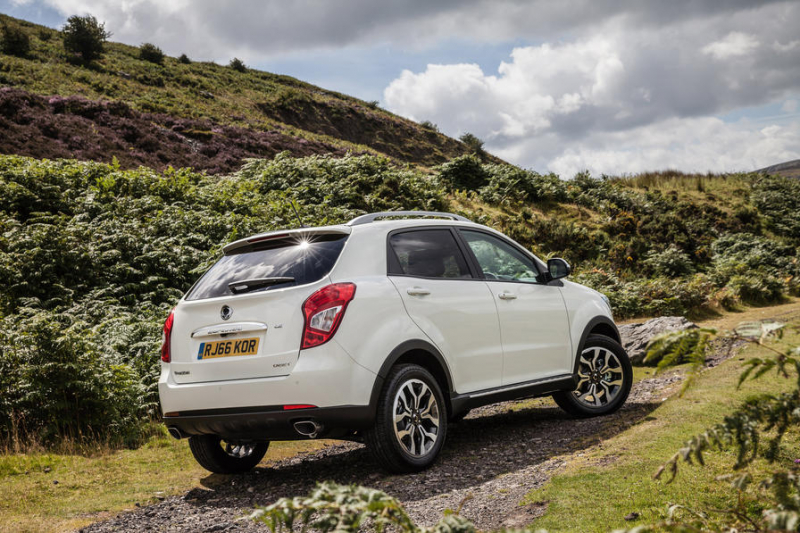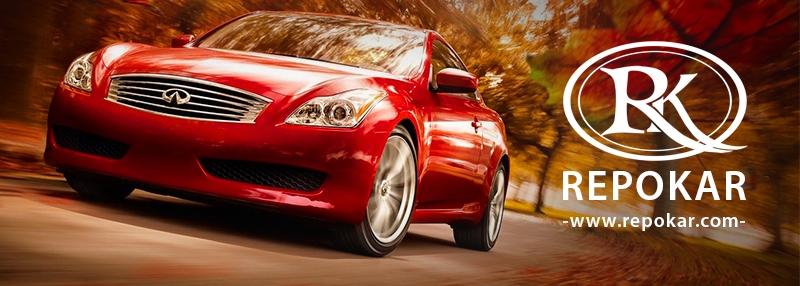BMW’s flagship sedan, the 7-Series, has never received the M performance treatment. That’s OK, though—Alpina is here to help. In fact, the small BMW-exclusive tuner company does such a good job of building what is, in effect, an M7 that we doubt BMW could top it. Alpina is a company of 230 employees that started out 51 years ago by offering a carburetor performance upgrade for the New Series 1500 sedan. The company has worked closely with BMW ever since, and their relationship took the next step in 2002 when BMW began offering an Alpina version of the Z8 roadster. Two years later came the Alpina-tuned 7-Series known as the B7.
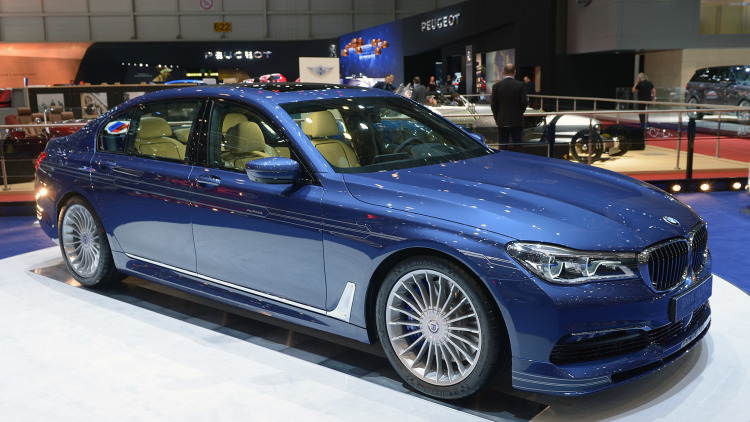
Starting at $137,995, the Alpina B7 offers a distinctly different character: the B7 employs a twin-turbo V-8, based on the 750i's 4.4-liter N63 eight-cylinder. Alpina’s designation for its version of the engine, confusingly, is M3; the car’s name contains the suffix Biturbo in other markets. Alpina—closely allied with Munich but still independent—makes extensive modifications that include upgraded turbochargers, its own intake and intercooler setup, special Mahle pistons, an Alpina dual-mode exhaust, and up to 20 psi of boost, lifting maximum output from 445 to 600 horsepower. Peak torque is rated at 590 lb-ft and available on a plateau that stretches from 3000 to 5000 rpm. Funny coincidence there: The M760i also will be rated at 600 horsepower and 590 lb-ft of torque, but it will come with a 155-mph governor (optionally increased to 190 mph, just enough to top the Mercedes-AMG S63’s 186-mph governor). Alpina says the B7 accelerates to 60 mph in 3.6 seconds, which may be as conservative as the original top-speed forecast; a 2013 Alpina B7 we tested with a mere 560 horsepower ran to 60 mph in 3.8 seconds, and we expect the new model to be about 200 pounds lighter.
Few other large sedans can go this fast or accelerate to such high speeds so quickly. The high-speed stability is virtually unmatched, thanks to the B7's long wheelbase and that all-wheel steering system, which turns the rear wheels in the same direction as the front wheels at higher velocities. As such, directional changes at this speed lose their fear factor. The deeper front fascia and the long rear spoiler, designed specifically for the B7, are said to significantly reduce lift, and the car indeed felt planted at all speeds.
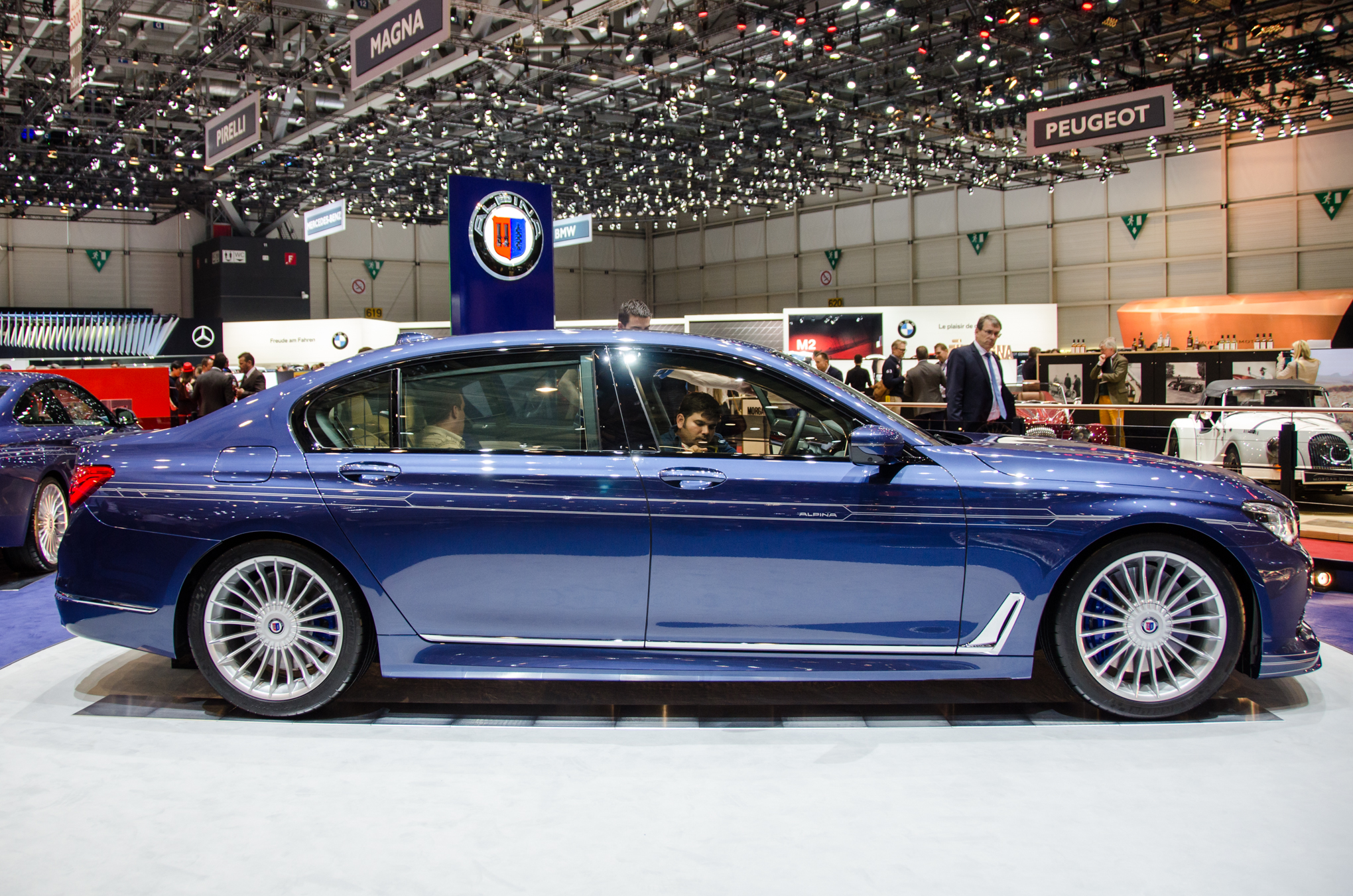
In the B7’s German home market, many Alpina customers skip the decals and the rest of the badging, presenting their Alpinas as nothing more exceptional than a regular BMW. The lowered stance and wheels give it away, of course, but at 205 mph it will pass by so quickly that few will ever know what the heck it was, with or without its identifiers.
